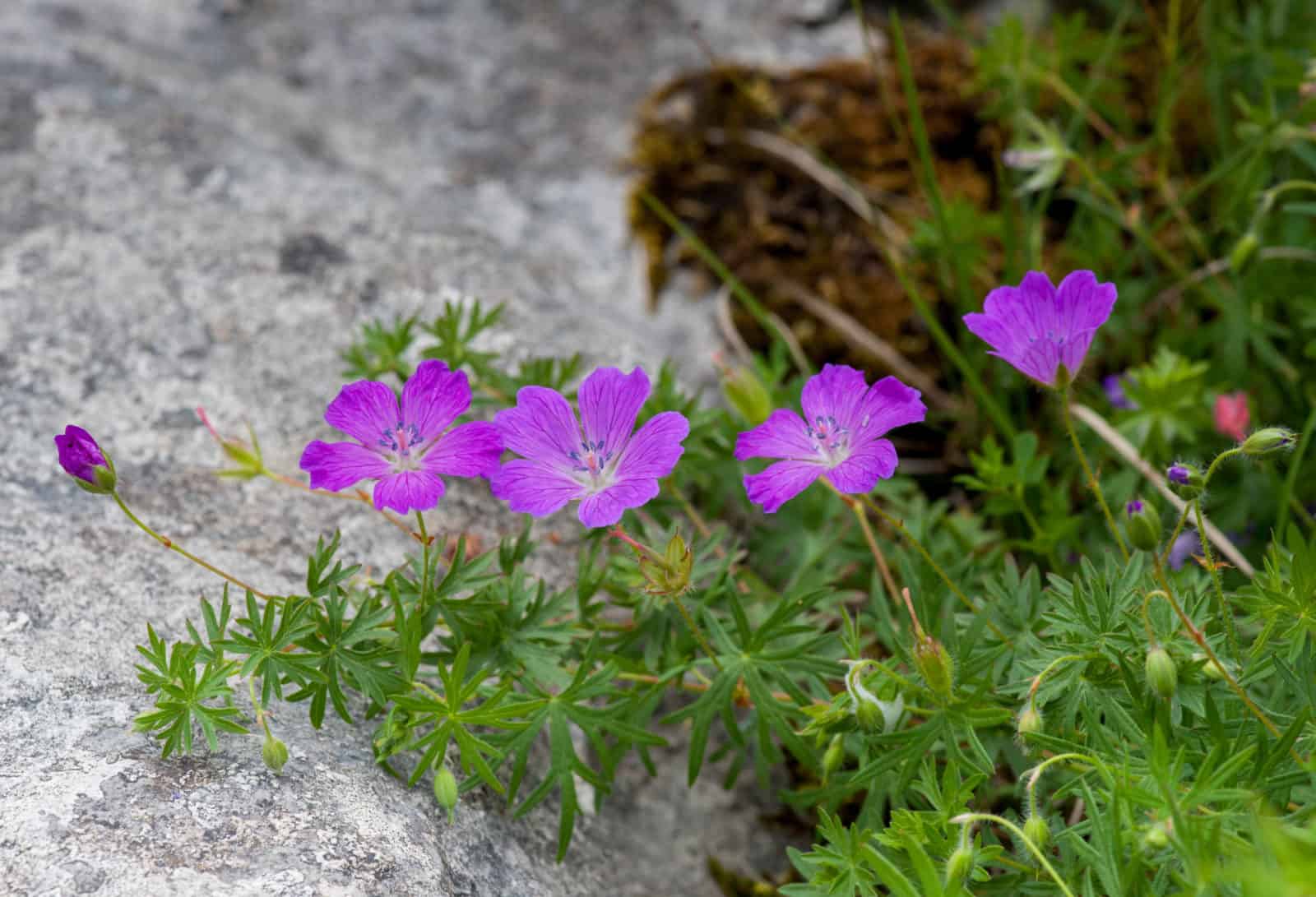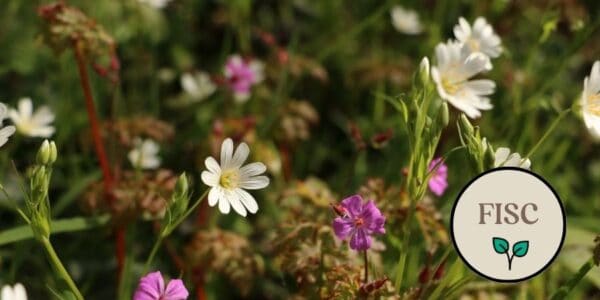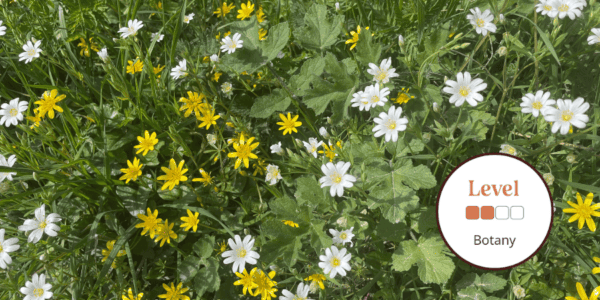On this beginner-intermediate course you will immerse yourself in the limestone landscape, learn how to use field guides for accurate identification, and gain an understanding of the influence of geology on plants.
Learning to name the species you find is an important step in understanding the environment around you. Yet, field guides and identification keys can be intimidating to begin with – join this course to build your confidence in using these to get to know the plants of limestone habitats!
This course will include:
- Identifying the major plant families of limestone habitats
- Field visits to woodland, grassland, fen and limestone pavement
- Using identification keys
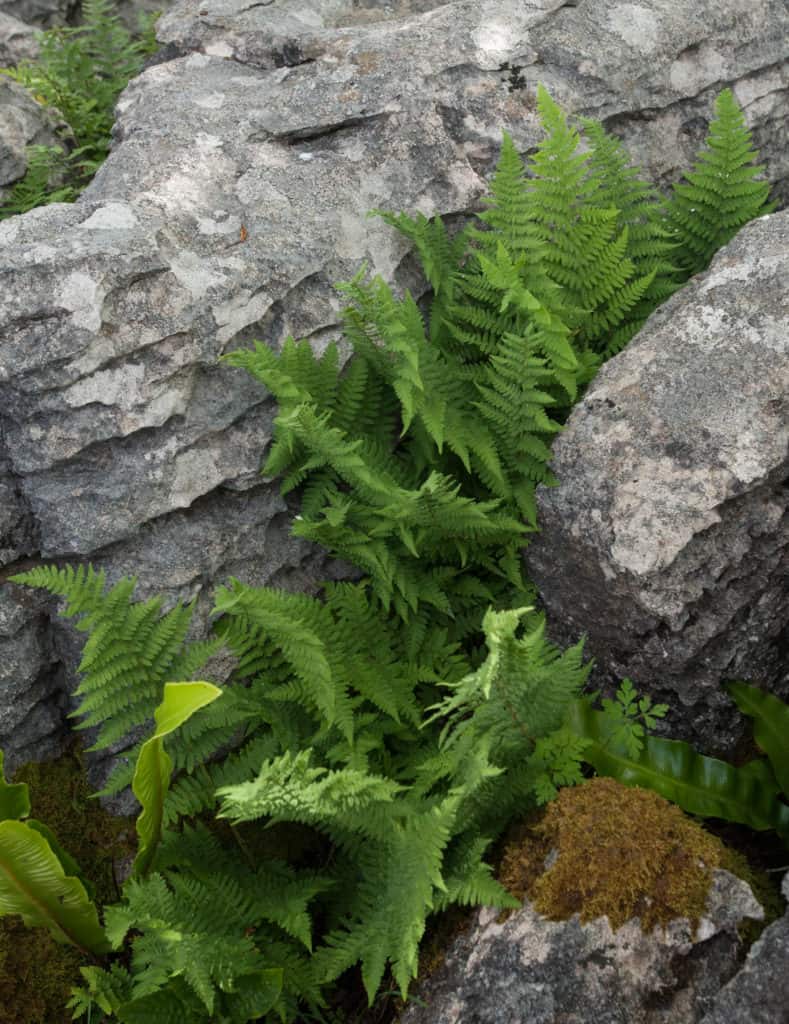
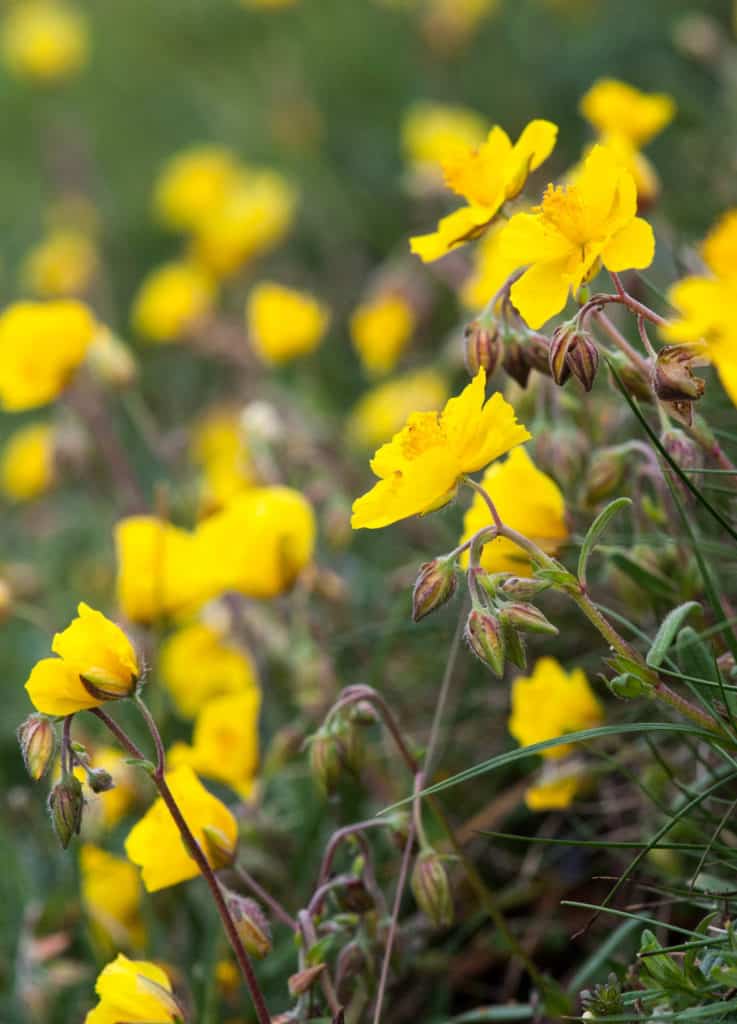
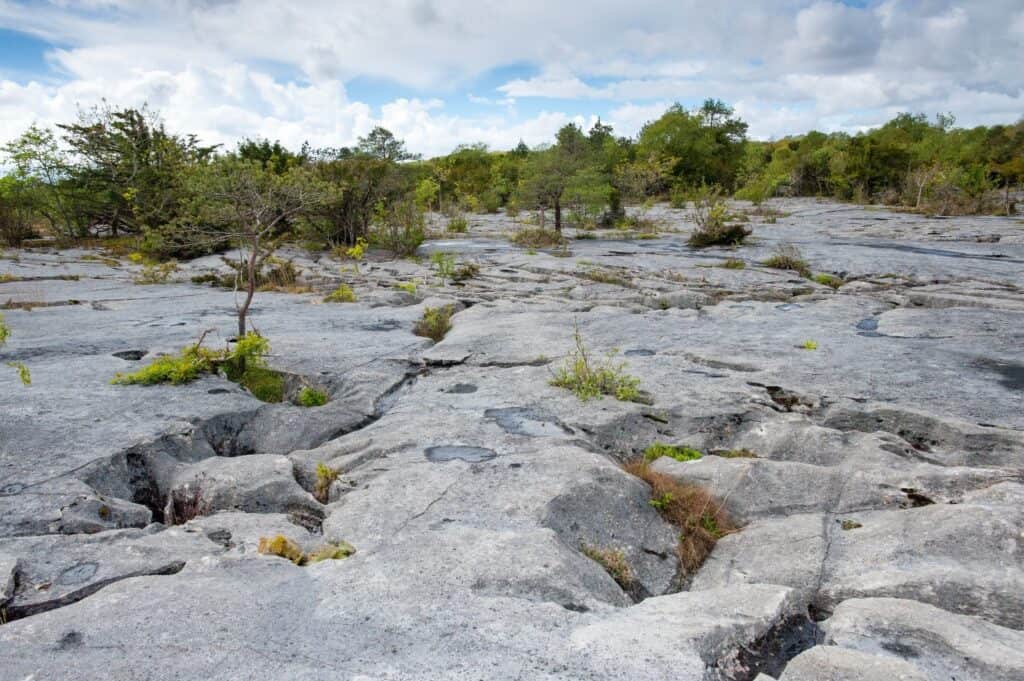
Read More
The wonderful limestone landscape of Silverdale and South Cumbria hosts a rich and varied flora. You will be exploring the key habitats and encounter many of the species that are characteristic of base-rich soils.
The course will spend most of each day in the field – finding plants and identifying them. Participants will learn their way around identification guides and gain practice in using keys. Groups such as grasses, sedges and ferns will be covered too. There will be short classroom sessions to cover why limestone flora is distinctive and to support what we have found in the field.
By the end of the course, you will be:
- Able to demonstrate an understanding of the ecology of limestone habitats
- Familiar with some important plant families and characteristic limestone species
- Confident in the use of identification keys
Who should attend? – The course is for those who know a few flowers but want to take their interest a step further – learning to use identification keys and understanding the vegetation. It would also appeal to more experienced botanists who might be less familiar with the species of limestone areas.
Knowledge level – Beginner-Intermediate. Level descriptors can be found on the following web-page: Framework and Course Level Descriptors
Prior Knowledge – No existing knowledge or experience is needed for this course, but some familiarity with plants and field guides would be helpful.
PLEASE NOTE: There is no accommodation or meal facilities provided with this course. Refreshments (tea and coffee) will be available. If we are unable to reach viable numbers for this course, we will inform you of the course cancellation 4-5 weeks prior to the course run. We would recommend when purchasing accommodation and/or travel you should take out your own insurance.
Bookings will close if course capacity is reached.
Please email [email protected] if you have any questions.
About the Tutor
Ian Powell
Ian worked as an Ecology tutor with the Field Studies Council back in the last century and has led many natural history groups within the UK and in South America. He has since taught undergraduate and masters courses in conservation ecology at Edge Hill University for many years.
Example Timetable
Timetable
This timetable is subject to change but should give a clear outline of what to expect.
- Please arrive in time for the course to start promptly at 10am
- The course will end at 5pm
The days are divided by main habitats. We begin with the more familiar habitats on day one and extend into the specialist environments on day 2.
- Day 1 – meadow and woodland
- Day 2 – limestone pavement and fen
All sites are within 1-2 miles of the classroom base so we shall be walking lanes and footpaths to visit them. At each site we will be walking over rough ground but at a slow ‘botanising’ pace. Participants will require a reasonable degree of physical fitness. Please note, no accommodation or meals are provided with this course. Refreshments (tea and coffee) will be available.
What's Included
The course has been carefully created by expert tutors and educators to help you continue to build and develop your knowledge and apply it within the field surrounded by like-minded individuals.
The course includes:
- Classroom learning covering the theory of the species
- Field excursions to apply new knowledge
- Expert tuition for which the Field Studies Council is renowned
- Clear objectives and progression
- Refreshments (tea and coffee)
You can rest assured that the absolute best content from an expert in environmental education will be provided. In choosing a Field Studies Council course, you will be joining thousands of people who learn with us each year.
Bursaries and Subsidies
Student Discount
This course is eligible for a student discount. If you are a current student, please use discount code BioStudent20 at checkout for 20% off all Biodiversity courses.
Natural History Bursaries
There are a number of natural history bursaries available to help with the cost of your course. To find out if you and your chosen course are eligible, read more here.
Before You Attend
What to Bring:
- Notebook and pencil
- Lunch and refreshments
- Sensible footwear and clothing for being outdoors
- Small bag to carry personal items
- Your own field guides (if you have them)
Recommended Literature
When you book this course, you will receive a discount code for the Field Studies Council recommended guides below.
There will be a member of staff with first aid training and access to a first aid kit on site. If you have special medical or access requirements, please let us know as soon as possible so we can plan the course.
Opportunities to attend this course
-
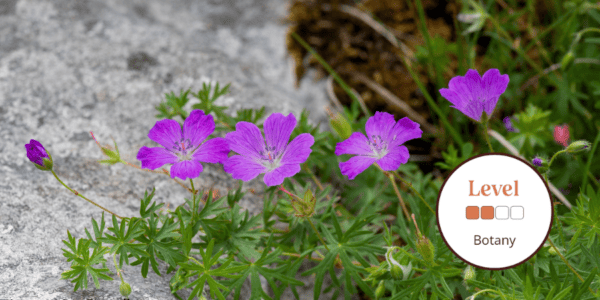
Sat 29, June 2024 10:00 - Sun 30, June 2024 17:00
The Centre is unable to offer accommodation with this course, please book local accommodation if you require overnight stays and ensure you take out the appropriate insurance.
No current dates for this course? Click here to view all the upcoming Natural History courses.
Progress Your Learning
This is a training course from the Field Studies Council, delivered by expert tutors with an approachable learning style. After attending this course, you may like to progress your learning with further relevant courses or branch out into other areas of natural history. The Field Studies Council offers both online and in person courses, so you can choose the learning style that suits you best.
The course gives you the opportunity to immerse yourself in a new subject and acquire novel skills. Our online portal gives you time to study at your own pace and fit the lessons around your own schedule.
If you have any questions about our courses please check our Frequently Asked Questions or email [email protected].
Group Bookings Made Easy
If you have a group of 10 or more individuals wanting to complete one of our courses, our team are available to discuss your options – from discounts to private team courses. Find out more!
You can rest assured that the absolute best content from an expert in environmental education will be at your fingertips. In choosing a Field Studies Council course, you will be joining thousands of people who learn with us each year.

